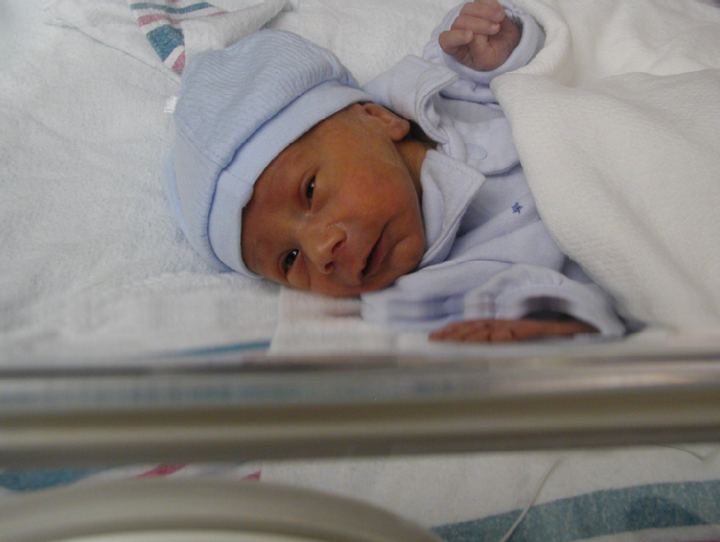Fall 2010
Welfare's New Tune
– The Wilson Quarterly
EITC beneficiaries' babies have lower birth weights. Why is that?
In the last quarter of the 20th century, federal welfare policy increasingly tied benefits to an individual either having a job or at least making efforts to get one. President Bill Clinton’s 1996 welfare reform sealed the deal, but the trend began in earnest with the 1975 enactment of the Earned Income Tax Credit (EITC). Unlike old-school entitlement programs such as Aid to Families With Dependent Children (AFDC), EITC makes benefits more generous as a recipient’s wages increase. (The benefits eventually taper off, stopping at incomes of about $40,000 for a single parent with two children.) The idea is to make work more worthwhile by helping recipients pay for transportation, childcare, and other job-related costs.
Some specialists worried that the policy would backfire—that working single mothers would be under too much stress and that increased cash would mean more smoking and drinking. By one measure, however, that doesn’t seem to be happening. Judging by the weight of EITC beneficiaries’ newborns, report three sociologists, Kate W. Strully of the State University of New York at Albany; David H. Rehkopf of the University of California, San Francisco; and Ziming Xuan of the Harvard School of Public Health, low-income single mothers are benefiting from the policy.
Birth weight is a valuable indicator, not just because it acts as a proxy for the health of the mother during pregnancy but also because it can be a reliable predictor of future earnings and educational attainment of children.
Beginning in the 1980s, 16 states enacted their own versions of the tax credit to supplement the federal program. The authors found that low-income single mothers in those states bore slightly bigger babies (about half an ounce heavier) than their peers in states without the additional assistance. One explanation is that pregnant mothers living in places with state EITCs smoked less than low-income single mothers elsewhere.
The authors say that the data for policies whose benefits decrease with earnings, such as AFDC and the newer Temporary Assistance to Needy Families, were less clear. One thing was certain: Both programs increased the likelihood of maternal smoking by nearly 10 percent.
THE SOURCE: “Effects of Prenatal Poverty on Infant Health: State Earned Income Tax Credits and Birth Weight” by Kate W. Strully, David H. Rehkopf, and Ziming Xuan, in American Sociological Review, Aug. 2010.
Photo courtesy of the National Eye Institute
